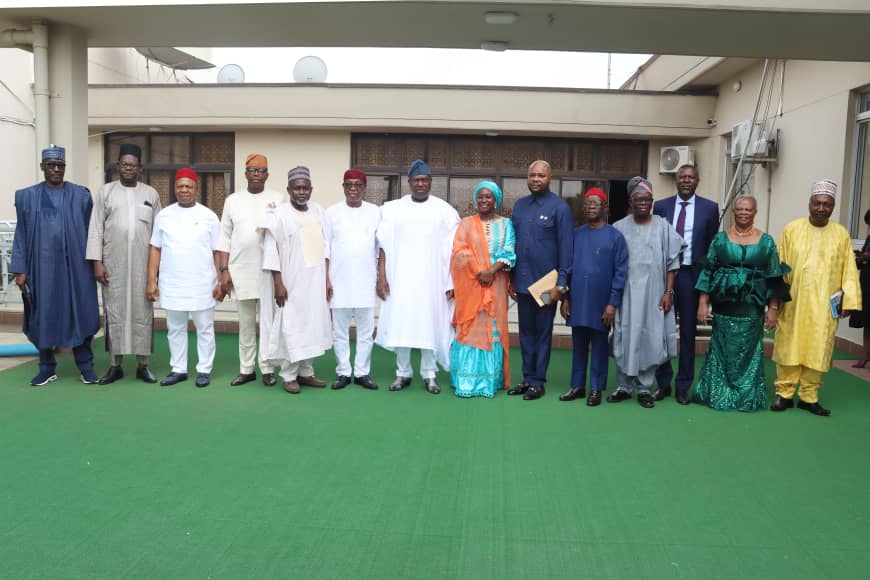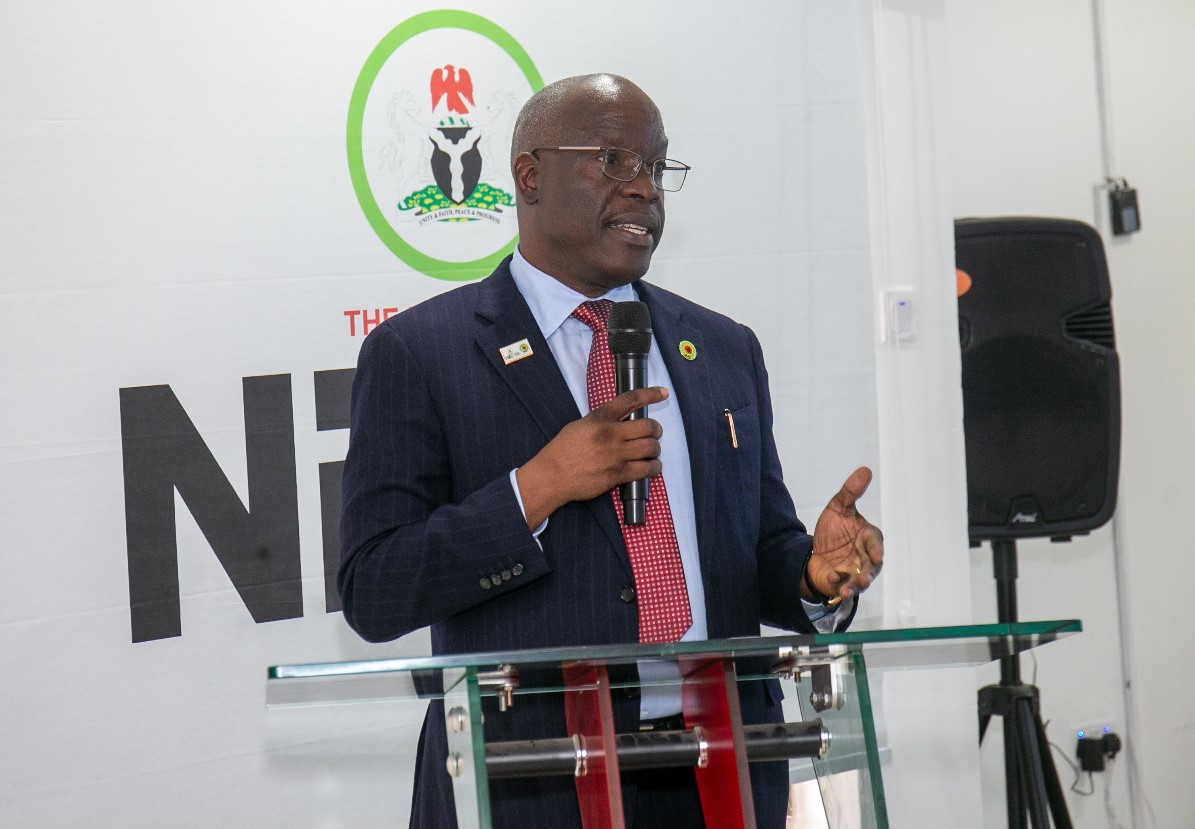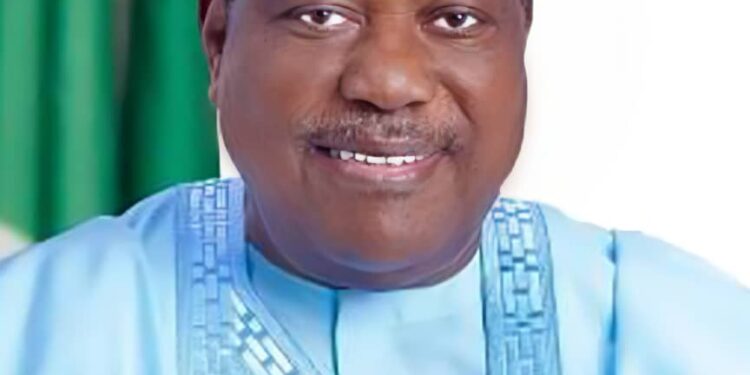Since the presentation of the final validation assessment by the International Secretariat of the Global Extractive Industries Transparency Initiative (EITI) on Nigeria’s implementation of the initiative in the country’s extractive industries in November 2023, the Nigerian EITI has been preoccupied with corrective actions necessary to remedy the process ahead of the next validation exercise scheduled for January 1, 2026.
Over the last six months, MEDIATRACNET, which has been monitoring and tracking NEITI’s activities on behalf of the Media Initiative for Transparency in Extractive Industries (MITEI), presents the highlights of these corrective actions.
Validation Scorecard
In the Validation Report, NEITI recorded a moderate overall score of 72 percent for its implementation of the EITI Standards in the country’s extractive sector, The assessment was based on the three components of validation process, with Nigeria earning 92 percent score in terms of outcomes and impact; 71.5 percent for transparency, and 52.5 percent for Stakeholder Engagement.
The Report noted NEITI’s effective implementation of EITI in the country with “Visible and tangible impacts on extractive industry governance”, particularly in providing incentives for good governance in the oil, gas and mining sectors of the country’s economy.
A score of 90 points in the area of outcomes and impacts, the international EITI Board explained, reflected that the broader objective of the requirement was either fully met or addressed, with the existence of a “robust system for developing work plans for implementation, monitoring and evaluation, dissemination and outreach.”
On data integrity and access, the Board said this demonstrated the fact that information and data contained in NEITI reports were not only credible, but globally comprehensive.
On the other hand, a record of 60 points, the report noted, meant significant aspects of the requirement were mostly met or implemented, therefore requiring some remedial actions to strengthen NEITI’s operations to shape ongoing reforms, guarantee more revenues for the government, by blocking leakages and mobilising more revenues to improve the quality of lives of Nigerians.
The areas of corrective actions included deepening engagements with the government, companies, civil society, and the citizens; improvement and paying priority attention to the development of the solid minerals sector, expansion of beneficial ownership disclosures, and all other emerging issues in the extractive sector as well as strengthening internal processes to equip NEITI with the required capacity for optimal performance during the next validation exercise.
“We have since commenced aggressive preparations to ensure that during the next international assessment of the global EITI on January 1, 2026, Nigeria would attain maximum scores, both in implementation and incentivizing visible impactful reforms in the country’s extractive sector,” the Executive Secretary of NEITI, Dr Orji Ogbonnaya Orji, said on Monday.
A review of the draft status report of the EITI implementation in Nigeria obtained by our reporter revealed the highlights of the remedial actions preparatory to the next validation exercise in January 2026.
Reconstituted NEITI Board
One of the key components of the assessment, which gave Nigeria a fairly low score, was the absence of a reconstituted multi-stakeholder group, the National Stakeholder Working Group (NSWG), or the NEITI Board – the highest decision-making body responsible for the establishment of the governance structure for the administration and implementation of the EITI Standards in Nigeria.
After a few months’ delay, following the dissolution of the previous Board in the wake of the coming of the present government in May 2023, approval for the reconstitution of a new NSWG was given by President Bola Tinubu on April 22, 2024.
In May, a 15-member reconstituted Board, headed by the Secretary to the Government of the Federation, George Akume, as the Chairman, was formally inaugurated following the election of the representative of civil society groups involved in the EITI process in the country.
Dr Orji said the reconstitution of the NSWG made up of representatives of the government, industries, and civil society as well as a reflection of the country’s zonal structure and diversity, has already guaranteed a 100% maximum score for the country during the next Validation Assessment.
Besides, he said this has also reaffirmed Nigeria’s unwavering commitment to the implementation of the EITI Standards in the country’s extractive industries.

NEITI Work Plan
In line with the relevant provisions in the EITI Standards Requirements, NEITI, over the period under review, developed a comprehensive corrective action to address the issue of not giving the broader constituencies in the extractive process to make tangible inputs into the development of the work plan raised in the validation report.
To redress the lapse, the NEITI Secretariat undertook a comprehensive review of the draft plan that was shared with the International EITI Secretariat. The draft document is expected to be reviewed and finalized by the newly reconstituted NSWG later at its upcoming retreat scheduled for July 15 to 20, 2024.
Regular NEITI Industry Reports
Since its inception, NEITI has consistently published its annual industry Report, the most recent being the 2021 edition.
Already, the processes for conducting the audit, data, and information gathering for 2022-2023 Industry Reports for the oil, gas, and mining sectors have since commenced. With significant progress recorded so far, Dr Orji said the target is to ensure the process was completed on time to allow these reports to be published by latest on September 24, 2024.
He confirmed that interim Industry Reports would be presented to the NEITI Board during its forthcoming Retreat in July.
The mobilization of data and information for the Fiscal Allocation and Statutory Disbursement Report would commence later this month, with a specific focus on the 13% derivation disbursements to the oil-producing states, to enable its planned publication later next November.
He said the procurement process to select the Independent Administrators for the audit and Industry Report exercise would be concluded later this month prior to the commencement of the actual work.
NEITI Data Centre Project
To continue to guarantee accessibility to extractive sector data and information used for analysis, research and advocacy, NEITI has embarked on the establishment of a Data Centre to support and lead compliance with Nigeria’s Open Data Policy.
When completed, Orji said the NEITI Data Centre would serve as a central reservoir for information and data from all NEITI Industry Reports since inception.
Also, he said the Centre was designed to serve as a warehouse for data on extractive industries issues, especially from covered entities, consisting the government entities, civil society organisations, and the legislature, to broaden and strengthen NEITI’s information and data dissemination capacity, and enable evidence-based public debates on EITI Standards.
NEITI House Dialogue
Recently, the NEITI Secretariat introduced the NEITI House Dialogue, to provide a creative and innovative platform to encourage and broaden public debates and constructive civic engagements on policies and programmes shaping extractive sector reforms under the NEITI/EITI processes.
The Dialogue is a quarterly policy engagement series designed to provide an open interactive forum for notable policymakers and players in the extractive industries and public finance management as well as state and non-state actors working on transparency and accountability.
Orji said the Dialogue would provide the opportunity for policymakers and regulators to engage and openly dialogue with civil society, the media, and extractive communities on policy issues and reforms in the extractive sector.

On April 29, 2024, the maiden edition of the Dialogue hosted the Chief Executive Officer of Nigeria Upstream Petroleum Regulatory Commission (NUPRC), Gbenga Komolafe, as the special guest.
During the forum, the Commission Chief Executive of NUPRC answered questions from representatives of civil society organizations, the media, extractive companies, and the public on issues that bordered on transparency, accountability, and value for money on the proposed Nigeria 2024 Oil Bid Round during which about 17 oil blocks are expected to be auctioned, in addition to some acreages to be released into the award basket from production sharing contracts (PSCs) divestments.
Re-constitution of the Inter-Ministerial Task Team (IMTT)
The NEITI Inter-Ministerial Task Team (IMTT), which has been in the doldrums for over seven years, was on May 29, 2024 reconstituted, with a mandate to ensure effective implementation of the recommendations and findings in the NEITI Industry Reports.
The task team comprises of key government agencies, like the NUPRC, Nigeria National Petroleum Company (NNPC) Ltd, Office of the Accountant General of the Federation (OAGF), Federal Inland Revenue Service (FIRS), Revenue Mobilization, Allocation & Fiscal Commission (RMFAC), Ministry of Petroleum Resources, Central Bank of Nigeria (CBN), Office of the Auditor General of the Federation (OAuGF), Ministry of Solid Minerals Development, Office of the Secretary to the Government of the Federation (OSGF), Corporate Affairs Commission (CAC), Niger Delta Development Commission (NDDC), Mining Cadastral Office, among others.
The status of the Task Team, which has now been enhanced to serve as a platform for NEITI’s engagement with the government and its various agencies, is now strengthened to ensure none of its members is below the rank of Director, to afford them the capacity for effective decisions and feedback.
Development of A Comprehensive Remediation Plan
The Executive Secretary said NEITI has developed a comprehensive remediation plan to be presented to the NSWG for consideration and approval during its meeting next month, while the Consolidated Remediation Plan would be presented to the IMTT during its meeting for implementation.
Strategic stakeholders Engagements
As part of efforts to sustain its consultation and dialogue with various stakeholders in the extractive industries process, NEITI has continued to engage with strategic groups, like those in the Companies Forum, whose members include key players and operators in the extractive industries, namely Miners Association of Nigeria for the Solid Minerals Sector, and the Oil Producers Trade Section of the Lagos Chamber of Commerce for the oil and gas Industry.
Similar meetings have been held with other key private sector operators like Dangote and Petrochemicals Limited, the biggest private sector investment in Nigeria’s downstream sector, and the Nigerian National Petroleum Company (NNPC) Limited. Orji said NEITI plans to sustain these meetings going forward.
To strengthen the capacity of civil society groups to participate effectively in the extractive industry process, the NEITI Civil Society Constituency Committee was constituted. The Committee is an independent assembly made up of representatives of civil society groups involved in the country’s extractive industries.
During the recent reconstitution of the NSWG, NEITI demonstrated remarkable leadership by allowing the civil society constituency to freely elect its representative on the highest policy-making body of the process, the NEITI Board.
It was a massive credit to the NEITI Secretariat that the election of the civil society representative on the NEITI Board was conducted with a high sense of neutrality and independence without any interference in the electoral process.
The outcome of the elections, which saw the emergence of a representative of the Publish What You Pay Nigeria Coalition with a popular vote from a wide spectrum of the civil society constituency, laid to rest years of mutual suspicion and mistrust that necessitated government appointee to fill the slot in the past.
The selection of the CSO representative on the NEITI Board attracted the attention of Publish What You Pay (PWYP) International, which sent a high-powered delegation to Nigeria to, among other things, applaud NEITI for the neutrality of its leadership in the electoral process, renew ties and forge new partnerships and cooperation towards a more progressive extractive sector in Nigeria.
The visit not only earned NEITI the trust that appeared to be lacking among civil society groups working in the extractive sector. It also helped to build and consolidate on existing mutual confidence and trust toward better performance in the next validation under the guidance of the new NSWG.
With these remedial actions and more to come, NEITI says confidence is high that the next validation exercise on the implementation of the EITI Standard in the Nigerian extractive sector holds bright prospects for better a scorecard.




